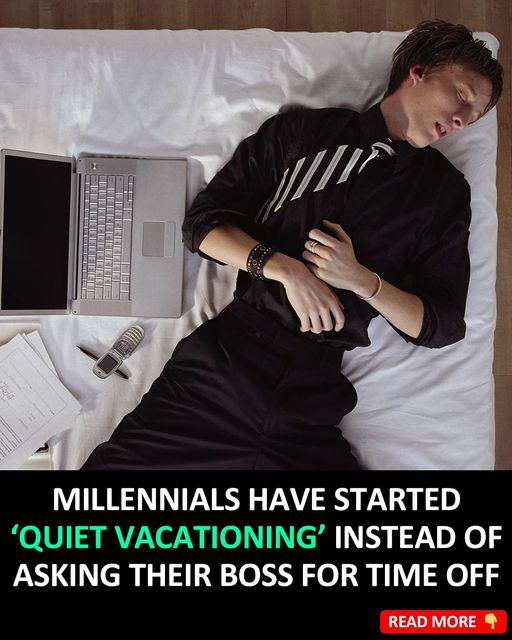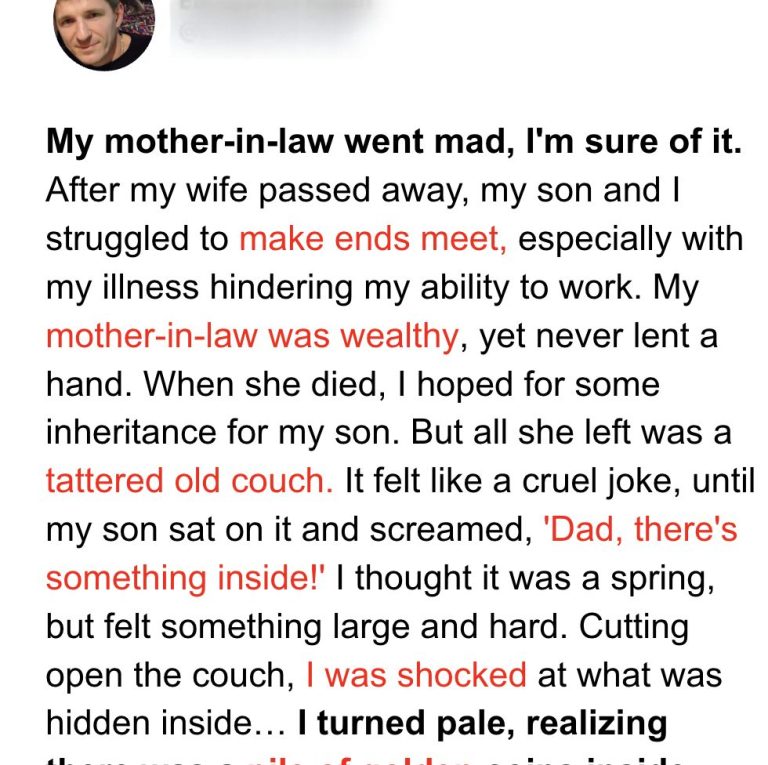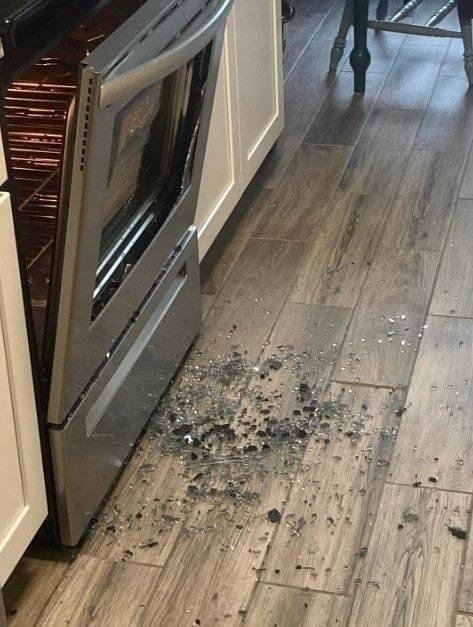Millennials Are ‘Quiet Vacationing’ Instead of Asking for Time Off
Quiet Vacationing Trend Rises

Essentially, quiet vacationing is the term for millennials who’ve used their remote hours at home to relax or have some downtime to handle household chores. Purportedly, 4 out of 10 millennials admitted to taking “unofficial” time off work without first clearing it with their higher-ups. Some admitted to occasionally moving their mouse, so it seems they’re still actively working. Others have confessed to sending emails after hours, so it appears they’re working overtime.
Experts Weigh In

Libby Rodney, the chief strategy officer at the Harris Poll shared some thoughts regarding the quiet vacationing trend. “There’s a giant workaround culture at play.” She explained. “They will figure out how to get appropriate work-life balance, but it’s happening behind the scenes. It’s not exactly quiet quitting, but more like quiet vacationing.”
Another Popular Trend
 Many are familiar with another popular trend among millennials. The trend of “quiet quitting”. Quiet quitting is used when a millennial employee does exactly what their contract requires and nothing more. Many argue that this is an apparent rebellion. However, employees are feeling undervalued and overworked, with many calling their work environments toxic. As such, some have deemed the term“quiet quitting” as extreme because many are simply doing what they’re contracted to do. Rather than employers getting free labor from exhausted employees.
Many are familiar with another popular trend among millennials. The trend of “quiet quitting”. Quiet quitting is used when a millennial employee does exactly what their contract requires and nothing more. Many argue that this is an apparent rebellion. However, employees are feeling undervalued and overworked, with many calling their work environments toxic. As such, some have deemed the term“quiet quitting” as extreme because many are simply doing what they’re contracted to do. Rather than employers getting free labor from exhausted employees.
Quiet Vacationing Versus Quitting

While both concepts are arguably extreme, they share some differences and similarities. For example, both acts stem from employees who are facing an increase in mental health disorders and burnout. Moreover, both are, from the employee’s perspective, fair and ensure they feel valued and respected because they’re balancing work with everyday life. However, the two differ because quiet vacationing walks a finer line.
For example, companies are unhappy about employees’ lack of honesty and integrity, i.e. sending emails after hours to give the illusion they’re working overtime. Yet employees are exhausted and are feeling hopeless as things continue to change, such as the cost of healthcare or the retirement age. Experts warn that an increase in quiet vacationing may be a sign that a company doesn’t offer employees “enough balance” for paid time off.





